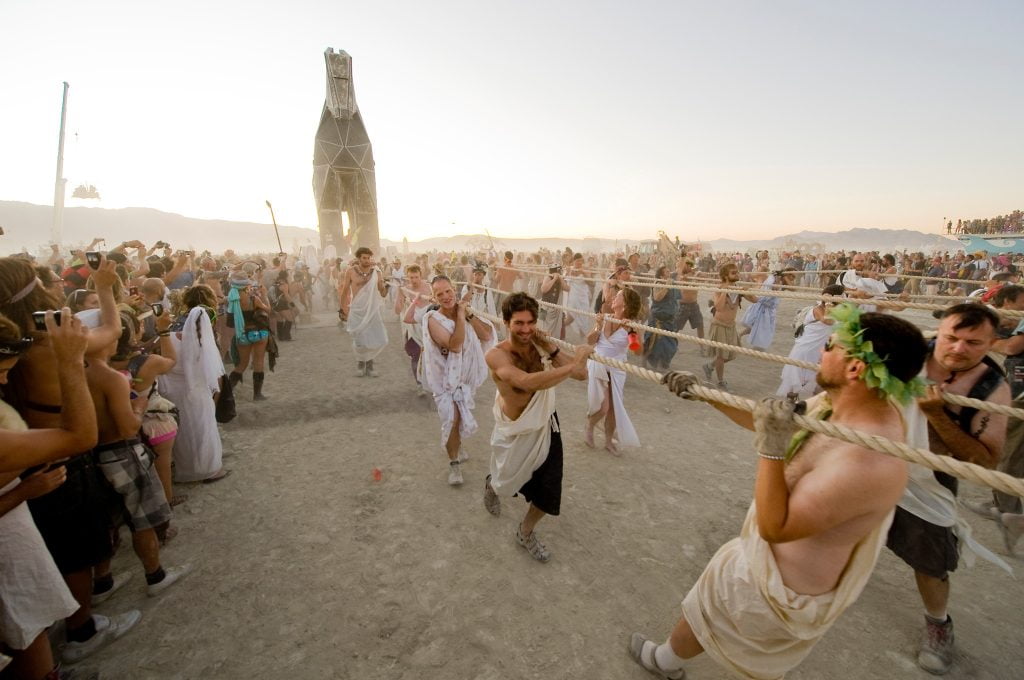Have you ever wondered what the Festival of Unleavened Bread truly signifies? This ancient Jewish tradition holds deep cultural and religious significance that is worth exploring. The Festival of Unleavened Bread, also known as Passover, is a celebration that commemorates the Israelites’ liberation from slavery in Egypt. During this week-long festival, participants consume unleavened bread to symbolize the haste with which the Israelites fled Egypt. It is a time of remembrance, reflection, and renewal, filled with rich traditions and rituals. Join us as we delve into the meanings behind this sacred festival, uncover its traditions, and explore the enduring relevance of the Festival of Unleavened Bread in today’s world.
Gospel of the Day (Mark 14,1-72.15,1-47)
The Passover and the Feast of Unleavened Bread were to take place in two days’ time. So the chief priests and the scribes were seeking a way to arrest Jesus by treachery and put him to death.https://t.co/gwXbvaKbM6 pic.twitter.com/2FfWLjBC3T
— Vatican News (@VaticanNews) March 24, 2024
Introduction to the Festival of Unleavened Bread
The Festival of Unleavened Bread is a significant event in the Jewish calendar, commemorating the Exodus of the Israelites from Egypt. It is a week-long festival that immediately follows Passover and holds deep spiritual and historical importance for the Jewish community.
Symbolism and Meaning
The absence of leaven during this festival symbolizes the haste in which the Israelites left Egypt, as they did not have time for their bread to rise. It also represents a time of purification and a reminder of the hardships endured during their slavery.
During this time, Jews eat matzo, unleavened bread, to honor their ancestors’ journey towards freedom. The festival serves as a time for reflection, repentance, and renewal of spiritual commitments.
Celebration and Traditions
Traditionally, families engage in a thorough cleaning of their homes to remove all traces of leaven, a practice known as Chametz. This symbolic act signifies the removal of pride and ego to embrace humility.
Throughout the week, special meals are prepared using unleavened ingredients, and the first and last days of the festival are observed as sacred gatherings and rest days.

Historical Significance of the Festival
The Festival of Unleavened Bread holds immense historical significance, dating back thousands of years. This ancient tradition is rooted in the story of the Israelite exodus from Egypt, as detailed in the Old Testament of the Bible. The festival commemorates their hasty departure, where they did not have time to let their bread rise, leading to the consumption of unleavened bread during their journey to freedom.
Origins in Biblical History
The origins of the Festival of Unleavened Bread are closely intertwined with the Passover story. According to the Book of Exodus, it is said that the Israelites were instructed to eat unleavened bread and bitter herbs as a way to remember the bitterness of slavery and the haste with which they had to leave Egypt.
This tradition symbolizes the Israelites’ liberation from bondage and their journey toward a promised land of freedom and prosperity.
Modern Observance and Cultural Significance
Today, the Festival of Unleavened Bread is observed by Jewish communities worldwide as a time of remembrance, reflection, and celebration. Families come together to share special meals featuring unleavened bread, known as matzah, and participate in rituals that honor their ancestors’ struggles and triumphs.
Image:
Meaning and Symbolism of Unleavened Bread
Unleavened bread holds significant meaning and symbolism in the observance of the festival. It represents the haste with which the Israelites left Egypt during Exodus, as they did not have time to let their bread rise. This unleavened bread, also known as matzah, is a reminder of the humility and simplicity required during times of transition and obedience.
Symbolism of Unleavened Bread
The absence of leaven symbolizes purification and removal of sin in preparation for a fresh start. The flat and plain nature of unleavened bread signifies the removal of pride and extravagance, focusing instead on humility and gratitude for freedom.
It also symbolizes the reliance on God’s provision, as the Israelites depended solely on Him during their journey through the wilderness. This act of faith is a central theme in the observance of the festival.
Importance of Matzah in Traditions
During the festival, matzah serves as a key element in various rituals and ceremonies. Its unleavened nature serves as a reminder of historical events and calls for introspection, repentance, and gratitude for liberation.
Matzah is often broken and shared during Passover Seders, symbolizing unity and community. It is also used in the reenactment of the Exodus story, adding a multi-sensory experience that deepens the understanding of ancestral traditions and faith.
Traditional Practices during the Festival
During the Festival of Unleavened Bread, which typically falls in the spring, families and communities come together to celebrate this ancient tradition. One of the key practices during this festival is the removal of leavened products from households, symbolizing the removal of sin and impurity from one’s life.
Preparation and Cleaning
Leading up to the festival, families engage in a thorough cleaning of their homes, especially the kitchen, to rid them of any traces of leavened products. This practice signifies a fresh start and a commitment to living a pure and holy life during the festival period.
Many also prepare special unleavened bread, known as matzo, which becomes a staple food during the festival. This unleavened bread serves as a reminder of the haste with which the Israelites left Egypt during Exodus.
Special Meals and Offerings
Throughout the festival, special meals are prepared that adhere to the dietary restrictions of consuming only unleavened products. Families gather for festive meals that often include symbolic foods such as bitter herbs and lamb, recalling the sacrifices made by their ancestors.
Moreover, offerings are made at the temples during this time as a sign of gratitude and devotion to God. These offerings typically consist of the first fruits of the harvest, showcasing an appreciation for God’s provision.

Modern Celebrations and Observations
Modern observance of the Festival of Unleavened Bread revolves around the symbolic significance of unleavened bread and the act of removing leaven from homes. Families commemorate this time with gatherings, meals, and religious ceremonies. It is an opportunity for reflection on the journey of the Israelites and the importance of faith and obedience.
Traditional Foods
During the Festival of Unleavened Bread, traditional foods are prepared, emphasizing the use of unleavened bread or matzah, bitter herbs, and other symbolic dishes. The act of consuming unleavened bread represents the haste in which the Israelites left Egypt, forgoing the time needed for bread to rise.
Family Rituals
Families partake in rituals such as the removal of leaven from their homes before the festival begins, symbolizing the removal of sin and impurities. Prayers and reflections often accompany this act of personal growth and spiritual cleansing.
Frequently Asked Questions
- What is the Festival of Unleavened Bread?
- The Festival of Unleavened Bread is a Jewish holiday that commemorates the Israelites’ departure from ancient Egypt and their liberation from slavery.
- When is the Festival of Unleavened Bread typically celebrated?
- The Festival of Unleavened Bread usually occurs in the spring, immediately following Passover. It lasts for seven days, with the first and last days being considered as special Sabbaths.
- Why is it called the Festival of Unleavened Bread?
- It is named as such because, during the festival, participants are not allowed to eat or possess any leavened products. This symbolizes the Israelites’ haste in leaving Egypt, where they did not have time to let their bread rise.
- What are some of the traditional activities or practices associated with the Festival of Unleavened Bread?
- Some traditional activities during the festival include removing all leavened products from the home before it begins, eating unleavened bread (Matzah), and holding special meals called Sedarim.
- Is the Festival of Unleavened Bread observed only by Jewish people?
- Primarily, the Festival of Unleavened Bread is a Jewish holiday. However, some Christian denominations also observe it as a way to remember the events leading to Jesus Christ’s crucifixion and resurrection, as it coincided with the Jewish Passover.
Unlocking the Meaning Behind The Festival of Unleavened Bread
As we delve into the significance and traditions of the Festival of Unleavened Bread, we uncover a rich tapestry of historical, religious, and cultural elements that span centuries. This festival, rooted in the biblical account of the Israelite exodus from Egypt, serves as a reminder of God’s deliverance and the importance of spiritual purity. The removal of leaven symbolizes the removal of sin from our lives, fostering introspection and renewal. Through the observance of unleavened bread, we connect with ancient traditions and embrace the timeless values of faith, freedom, and gratitude. Let this celebration inspire us to reflect on our spiritual journey and the eternal truths it embodies.




